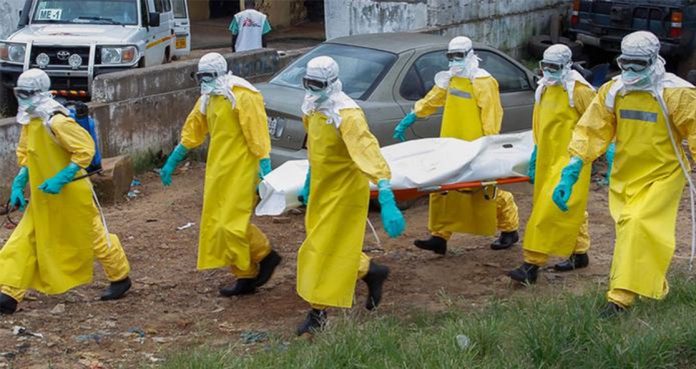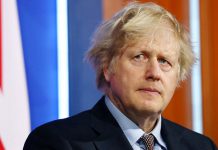The World Health Organization (WHO) officials have warned that it could become extremely difficult to contain ongoing Ebola outbreak in the Democratic Republic of the Congo (DRC) if violent attacks on medical workers and treatment centers do not stop.
On Friday, the WHO said in a statement, “Unless the targeting of response activities was ended it was ‘unlikely’ the virus would ‘remain successfully contained’ in North Kivu and Ituri, which combined, border Rwanda, Uganda, and South Sudan.”
The current Ebola outbreak is now the second worst outbreak in history, which has killed 1,105 people so far. Health officials said community distrust and frequent violent attacks have complicated their efforts to end the 10-month-old epidemic.
Earlier this week, combatants from the armed Mai-Mai rebel group attacked a medical center in the town of Butembo.
The WHO said, “The assault came after a burial team was ‘violently attacked’ on May 3 after they interred an Ebola victim in the town of Katwa, east of Butembo. The team was forced to stop all the response activities in Butembo for five days due to the insecurity.
“The ongoing violent attacks sow fear, perpetuate mistrust, and further compound the multitude of challenges already faced by frontline health care workers,” the WHO said.
Eastern DRC has been facing frequent violence that has been neglected by the central government in Kinshasa.In addition, there has also been a great community mistrust over the Ebola outbreak. Many communities believe that the disease has been fabricated for the financial gain and to destabilize the area.
DRC director for US-based NGO Mercy Corps, Whitney Elmer, said in a statement, “The security challenges are two-fold: Armed groups that have been present in the region for decades, and community hostility, which has now morphed from targeting facilities to targeting response workers.”
Elmer added, “The impact of the rise in violence is clear; security incidents affect response activities. The virus does not take a break – after every interruption in activities, there is an increase in Ebola infections.”
According to the WHO, over 100 attacks on Ebola health workers and treatment centers have been recorded since the beginning of 2019.
In April, Dr. Richard Mouzoko, a Cameroonian WHO doctor, who was working on the Ebola response, was killed by a heavily armed rebel group in a hospital in Butembo.























